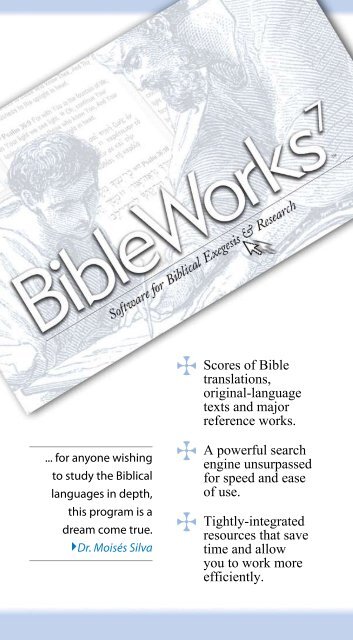

The linguistic roots of the Common Greek dialect had been unclear since ancient times. The post-Classical period of Greek thus refers to the creation and evolution of Koine Greek throughout the entire Hellenistic and Roman eras of history until the start of the Middle Ages. The passage into the next period, known as Medieval Greek, dates from the foundation of Constantinople by Constantine the Great in 330 AD. Though elements of Koine Greek took shape in Classical Greece, the post-Classical period of Greek is defined as beginning with the death of Alexander the Great in 323 BC, when cultures under Greek sway in turn began to influence the language.

It replaced existing ancient Greek dialects with an everyday form that people anywhere could understand. Under the leadership of Macedon, their newly formed common variety was spoken from the Ptolemaic Kingdom of Egypt to the Seleucid Empire of Mesopotamia. Koine Greek arose as a common dialect within the armies of Alexander the Great.

Īncient scholars used the term koine in several different senses. In Greek, the language has been referred to as Ελληνιστική Κοινή, "Hellenistic Koiné", in the sense of "Hellenistic supraregional language"). The pronunciation of the word koine itself gradually changed from (close to the Classical Attic pronunciation ) to (close to the Modern Greek ). The word is pronounced / k ɔɪ ˈ n eɪ/, / ˈ k ɔɪ n eɪ/ or / k iː ˈ n iː/ in US English and / ˈ k ɔɪ n iː/ in UK English. The Greek word koinḗ ( κοινή) itself means "common". The English-language name Koine derives from the Koine Greek term ἡ κοινὴ διάλεκτος hē koinḕ diálektos, "the common dialect".

It was based mainly on Attic and related Ionic speech forms, with various admixtures brought about through dialect levelling with other varieties. It evolved from the spread of Greek following the conquests of Alexander the Great in the fourth century BC, and served as the lingua franca of much of the Mediterranean region and the Middle East during the following centuries. Koine Greek ( UK: / ˈ k ɔɪ n iː/ Modern Greek: Ελληνιστική Κοινή, romanized: Ellinistikí Kiní, lit.'Common Greek', ), also known as Alexandrian dialect, common Attic, Hellenistic or Biblical Greek, was the common supra-regional form of Greek spoken and written during the Hellenistic period, the Roman Empire and the early Byzantine Empire.


 0 kommentar(er)
0 kommentar(er)
